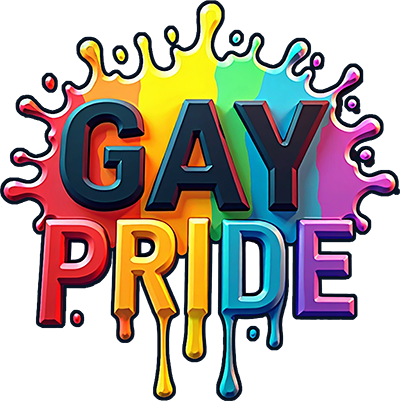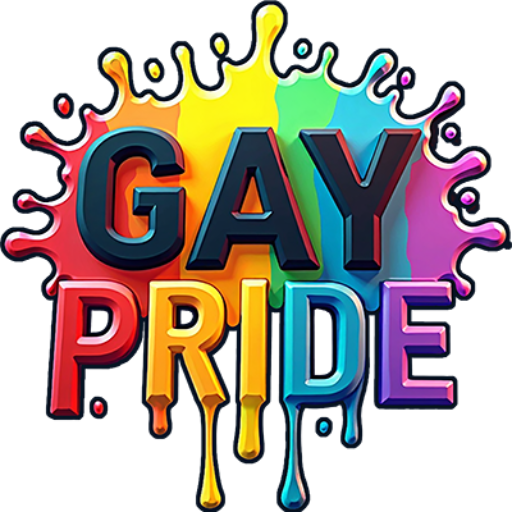The Role of Education in Reducing LGBTQ Discrimination
Education is a powerful tool that can transform societies and foster inclusion. In the quest to reduce LGBTQ discrimination, education plays a pivotal role. This blog post explores how education can make a difference, the challenges faced, and potential solutions to create a more inclusive world for everyone. 🌈
Table of Contents
1. Introduction
2. Understanding LGBTQ Discrimination
3. The Power of Inclusive Education
4. Challenges in Implementing LGBTQ Education
5. Success Stories and Case Studies
6. Conclusion
7. FAQs
Introduction
The world has made significant strides in recognizing and upholding the rights of LGBTQ individuals. However, discrimination persists, often fueled by ignorance and prejudice. Education is key to breaking down these barriers, fostering understanding, and promoting equality. Let’s delve into how education can spearhead this change.
Understanding LGBTQ Discrimination
To tackle LGBTQ discrimination effectively, we first need to understand its roots. Discrimination can manifest in various forms, such as workplace bias, social exclusion, and even violence. It often stems from stereotypes and misinformation about LGBTQ identities. By addressing these misconceptions through education, we can create a more empathetic and informed society.
The Power of Inclusive Education
Inclusive education serves as a foundation for acceptance and equality. Here’s how it plays a crucial role:
1. Curriculum Integration 📚
By including LGBTQ topics in school curricula, students can learn about diverse sexual orientations and gender identities. This not only educates but also normalizes these discussions, fostering an environment of acceptance.
2. Teacher Training 🧑🏫
Empowering educators with the knowledge and tools to discuss LGBTQ issues is essential. Training programs can help teachers handle sensitive topics with confidence and sensitivity.
3. Safe Spaces 🏳️🌈
Creating safe spaces in educational institutions allows LGBTQ students to express themselves without fear of judgment or harassment. These environments promote mental well-being and encourage open dialogue.
Challenges in Implementing LGBTQ Education
Despite the benefits, implementing LGBTQ education faces several challenges:
Cultural and Religious Opposition
In many regions, cultural and religious beliefs oppose LGBTQ education, viewing it as contrary to traditional values. Overcoming these barriers requires dialogue and collaboration with community leaders.
Lack of Resources and Support
Schools often lack the resources or support needed to implement comprehensive LGBTQ education. Advocacy and policy changes are necessary to provide the required funding and materials.
Political Hurdles
Education policies vary significantly across regions, with some governments imposing restrictions on discussing LGBTQ topics. Advocacy efforts are crucial in lobbying for policy changes that support inclusive education.
Success Stories and Case Studies
Despite challenges, there are inspiring success stories worth sharing:
Inclusive Schools in Canada
Many Canadian schools have successfully integrated LGBTQ topics into their curricula, resulting in a noticeable reduction in bullying and discrimination.
The Netherlands’ Approach to LGBTQ Education
The Netherlands is a pioneer in inclusive education, with its comprehensive sex education program that includes LGBTQ topics. This approach has led to a more accepting society and lower discrimination rates.
Grassroots Initiatives in India
In India, grassroots organizations are working tirelessly to educate communities about LGBTQ rights, often through workshops and community events. These efforts have sparked meaningful conversations and change at the local level.
Conclusion
Education is undoubtedly a catalyst for change in reducing LGBTQ discrimination. By embracing inclusive education, we can cultivate a society that values diversity, promotes understanding, and champions equality. It is through education that we can hope to build a world where everyone is accepted and celebrated for who they are. 🌟
FAQs
1. Why is LGBTQ education important in schools?
LGBTQ education is vital in schools to promote understanding and acceptance, reduce bullying, and create a safe and inclusive environment for all students.
2. How can parents support LGBTQ education?
Parents can support LGBTQ education by advocating for inclusive curricula, discussing these topics at home, and encouraging open-mindedness and empathy in their children.
3. What are some resources for educators to teach LGBTQ topics?
There are numerous resources available, such as GLSEN, The Trevor Project, and local LGBTQ organizations, which provide curricula, training, and support for educators.
4. How can schools overcome cultural opposition to LGBTQ education?
Schools can engage with community leaders, hold informational sessions to address concerns, and highlight the importance of inclusivity and respect for all students.
5. What role do governments play in promoting LGBTQ education?
Governments can play a crucial role by enacting policies that support inclusive education, funding teacher training programs, and ensuring that schools have the necessary resources to implement LGBTQ education.

